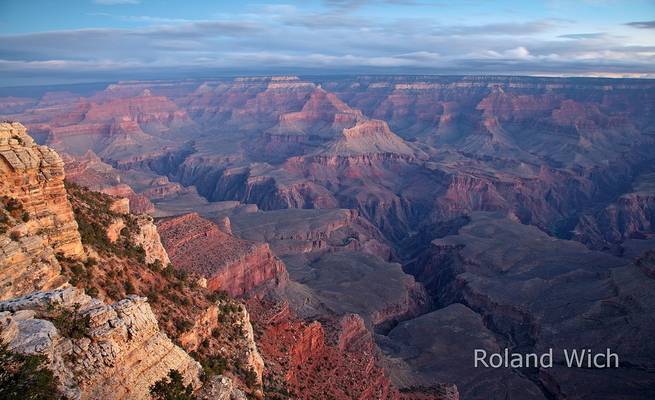Mather Point
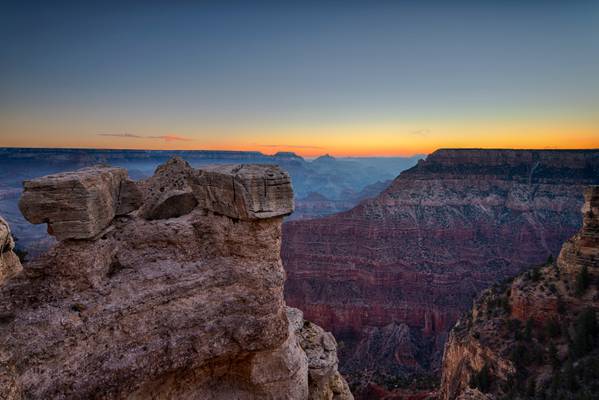
0
- Henry Morton Stanley.
| facebook | 500px | ferpectshotz |
My second shot from Mather Point. While its customary to take the shots at this location pointing west as the sun slowly lights up the North rim walls, the massive boulder standing eastwards piqued my interest and I went to take a shot of it before I took the picture I posted yesterday. It did cost me the prime spots at Mather point but I really loved the texture of this rocks and the glow of the sky. I wish now that I had spent a bit more time here for the sun to actually rise.
Anyways if you find yourself at this location don’t make the same mistake I did and see if you can get some interesting shots facing the sun, trust me you won’t be disappointed. Thanks for visiting and your wonderful comments and faves, and have a nice Thursday.
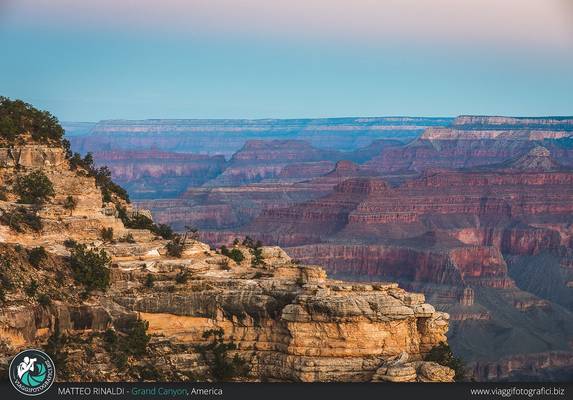
0
Scatti realizzati durante l'ultimo viaggio in America con www.viaggifotografici.biz
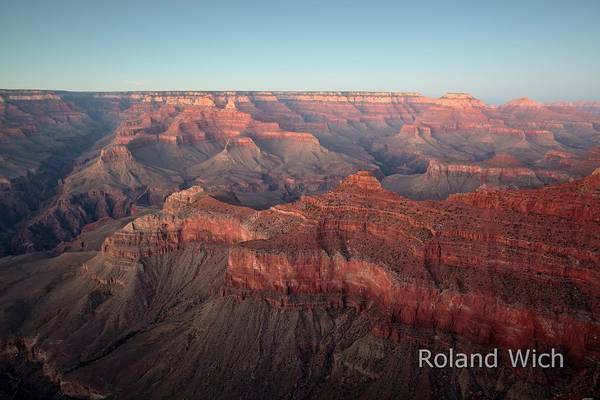
0

0
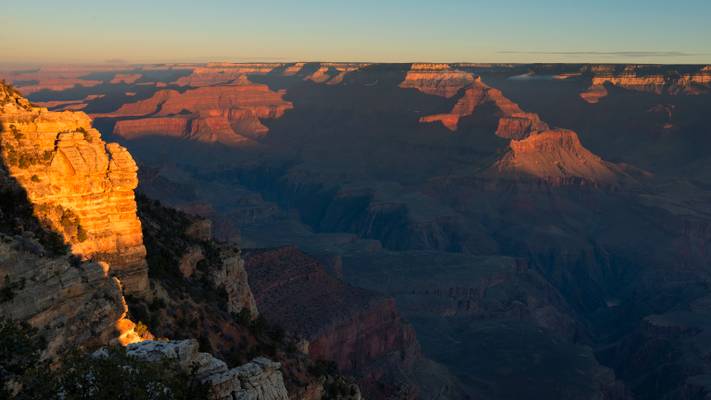
0
- William Shakespeare.
| facebook | 500px | ferpectshots |
When we first visited the Grand Canyon’s south rim, I completely underestimated the scale of the place. I had a whole list of places earmarked for photographs but only later realized the amount of time needed to get from one point to the other. A lot of the photos we took on our first trip ended up being from the spots near the visitor center.
Mather Point is one of the easiest spots to reach from the visitor center and it provides a nice panoramic glimpse into the magic that is Grand Canyon. Yavapai point nearby has a better view but Mather point is easy to get to when racing against time to get a sunrise shot. The sunlight was peaking through as we were setting up. The sunrise is always magical at a canyon even where there is not much drama in the sky. The light was pouring over the canyon rim and creating fantastic drama against the shadows.
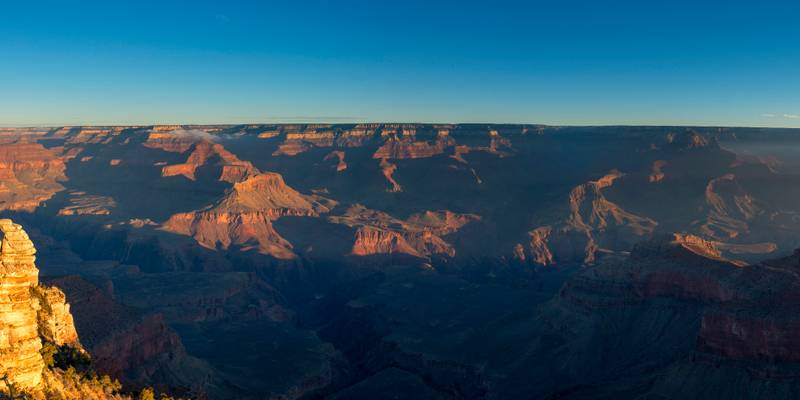
0
- Emily Dickinson.
The Grand Canyon National Park has always been one of my favorite spots to photograph. The love affair started with the first visit when I was lucky enough to watch a perfect cloud inversion. Since then, every time we visit, we have had some of the best conditions. But even at such a spectacular location, photography can be a challenge. I have myself had quite a few experiences where I have been underwhelmed with the results.
When I first visited the park, I was quite intimidated by the dramatic variation in the scene's dynamic range. My first approach was to try HDR processing. While HDR images can pull out the texture's details very well, this type of processing makes the image look very unrealistic. I mean, if there are bright elements in a scene, your brain will expect dark areas. It took me a while to learn what was missing in my photography. The dark regions of the image are the part that adds mystery and depth to a scene.
I was not too happy with the composition as I believe I added too much sky in the image, but I love the details in the canyon part of the picture. You can see how the dark areas' presence brings the viewer's attention to the brighter areas of the scene and allows them to see the canyon's details. Learning this little secret has affected the way I see, compose, and edit an image.
